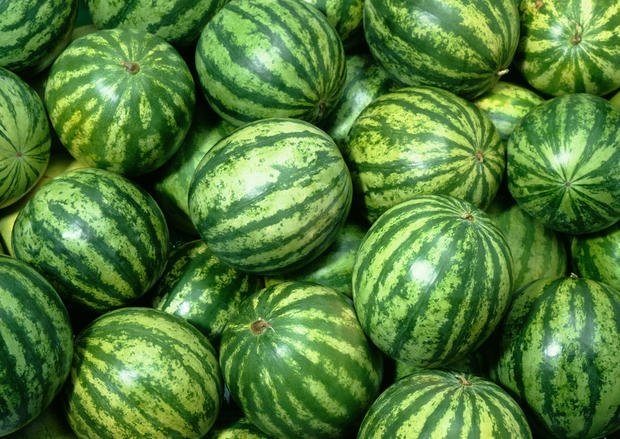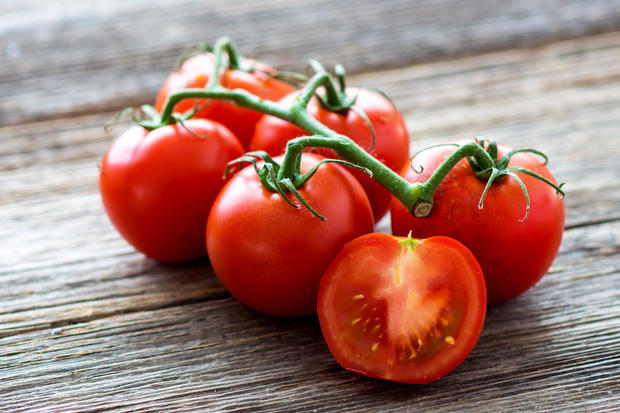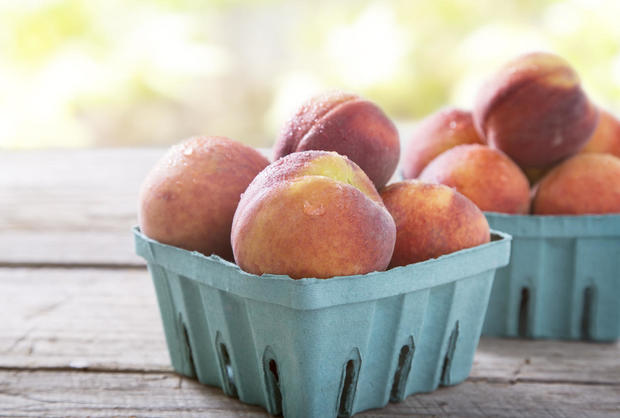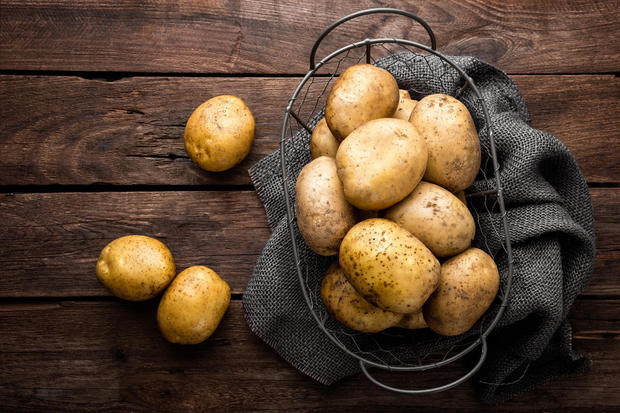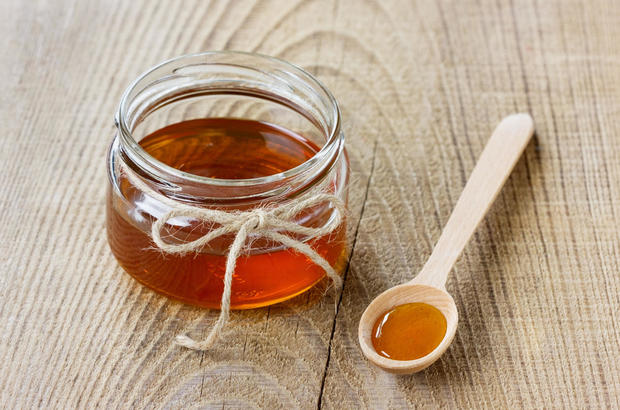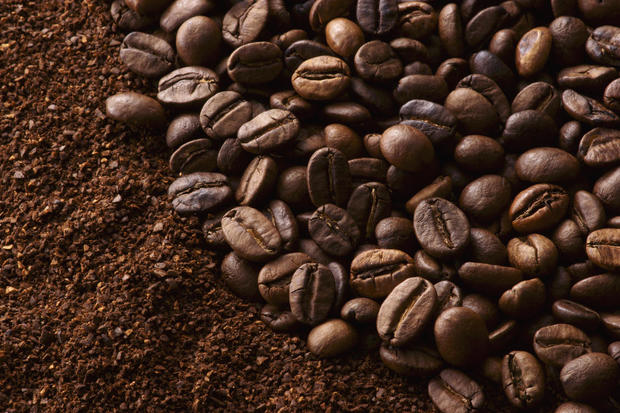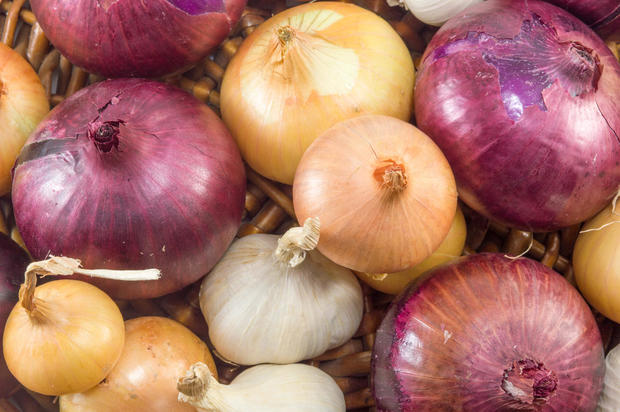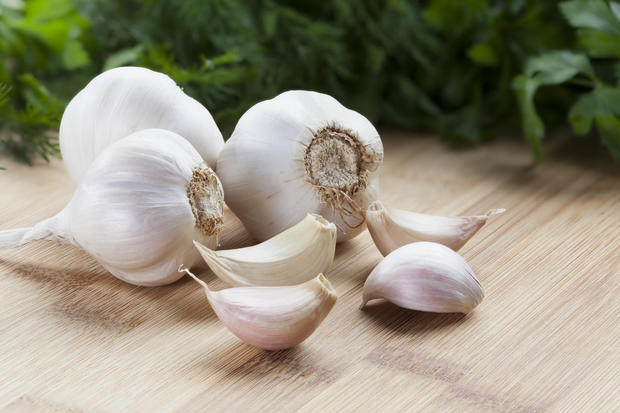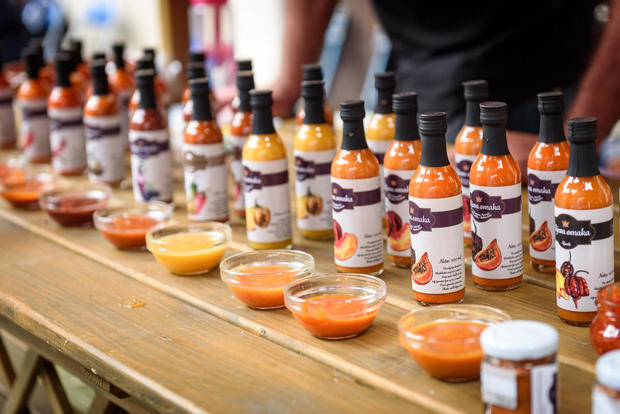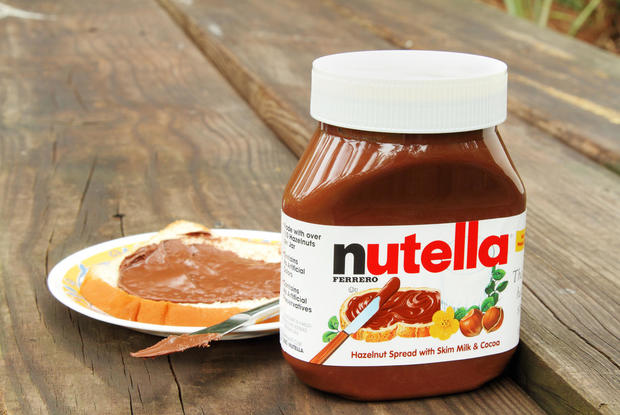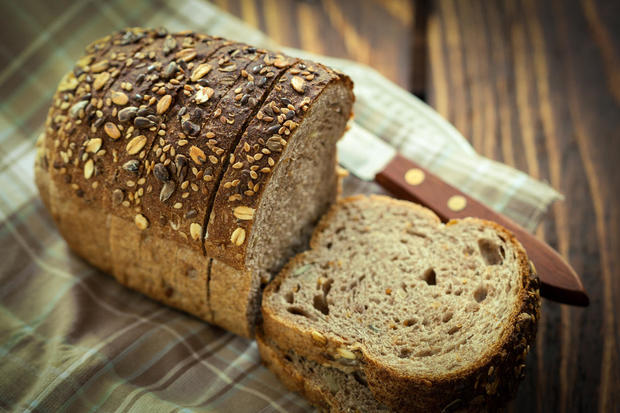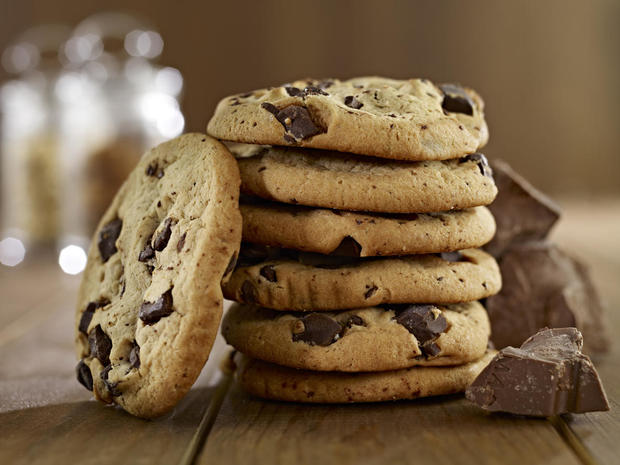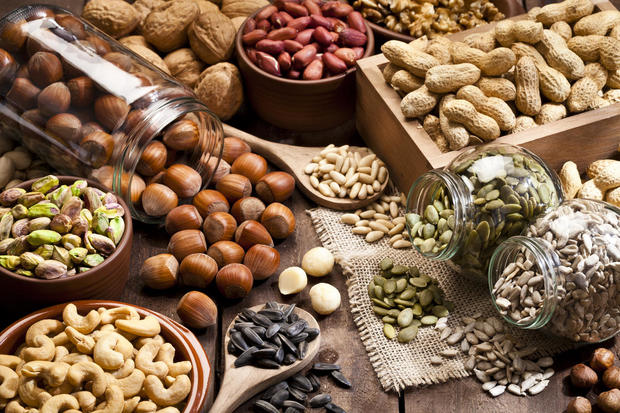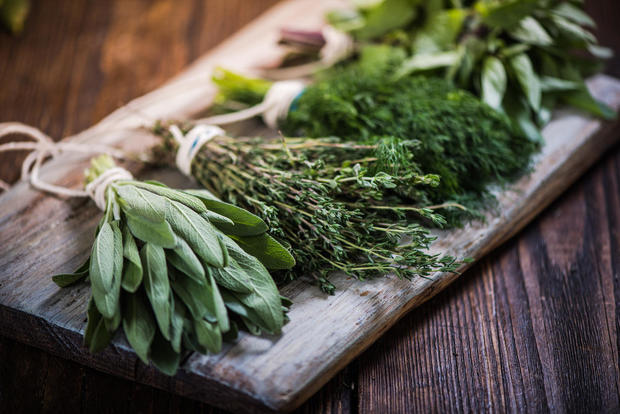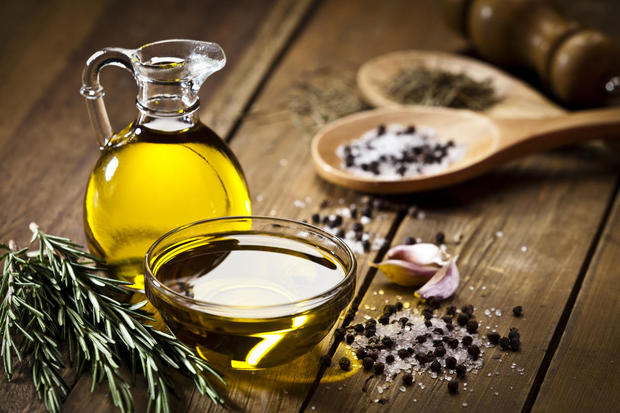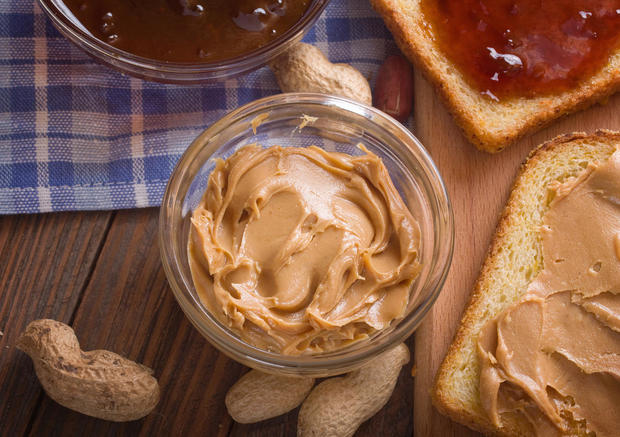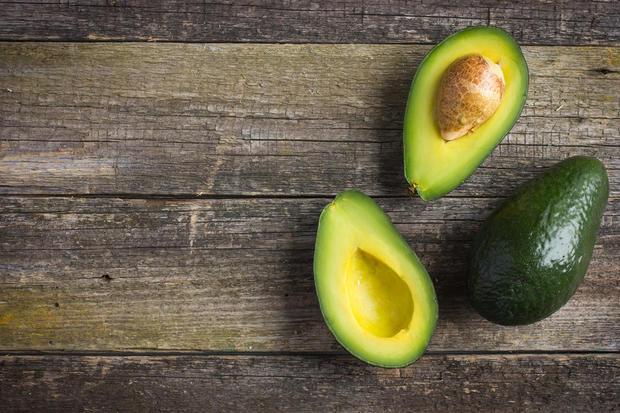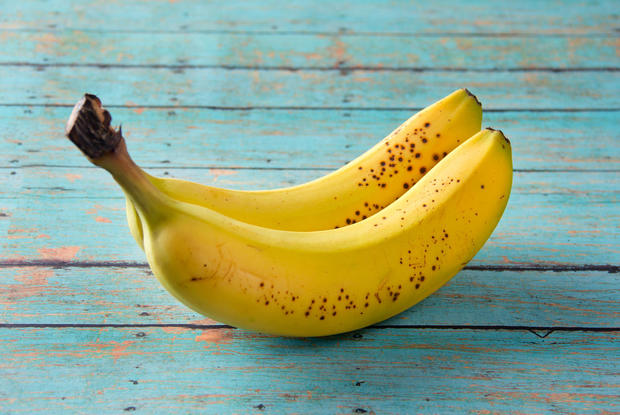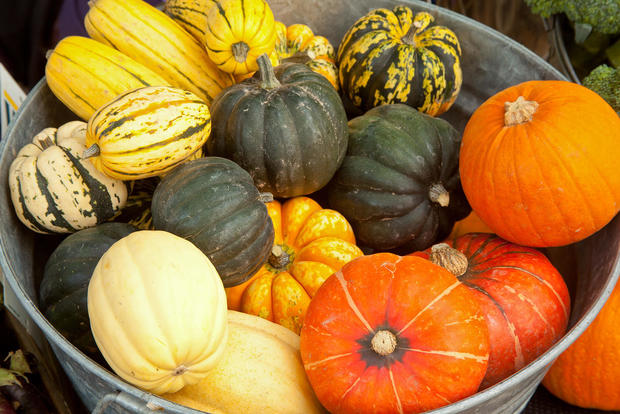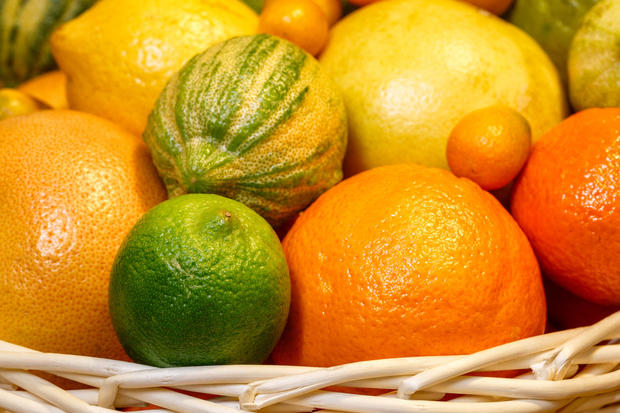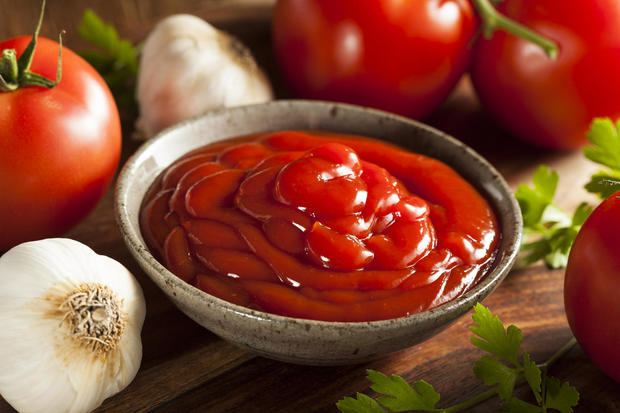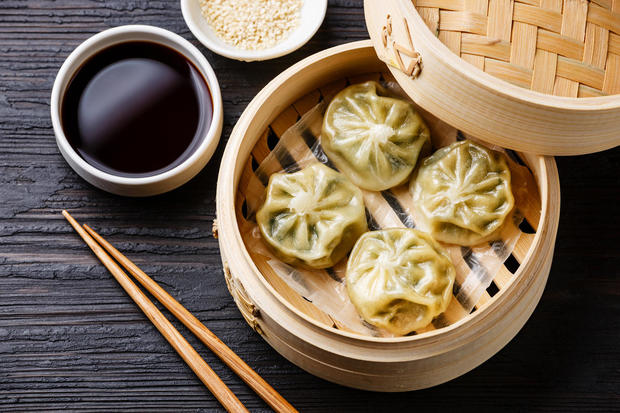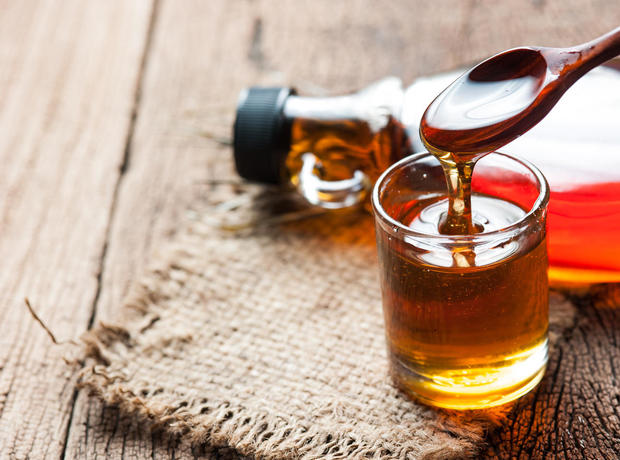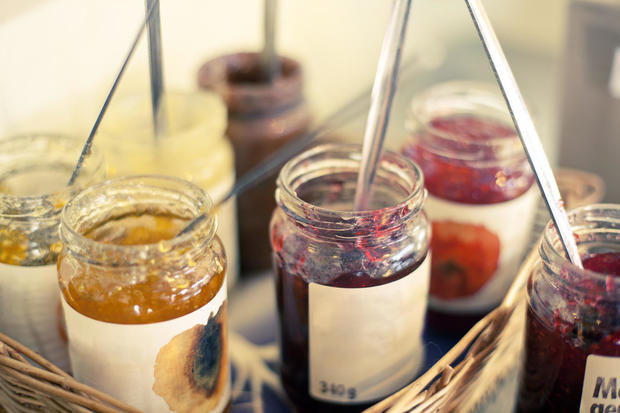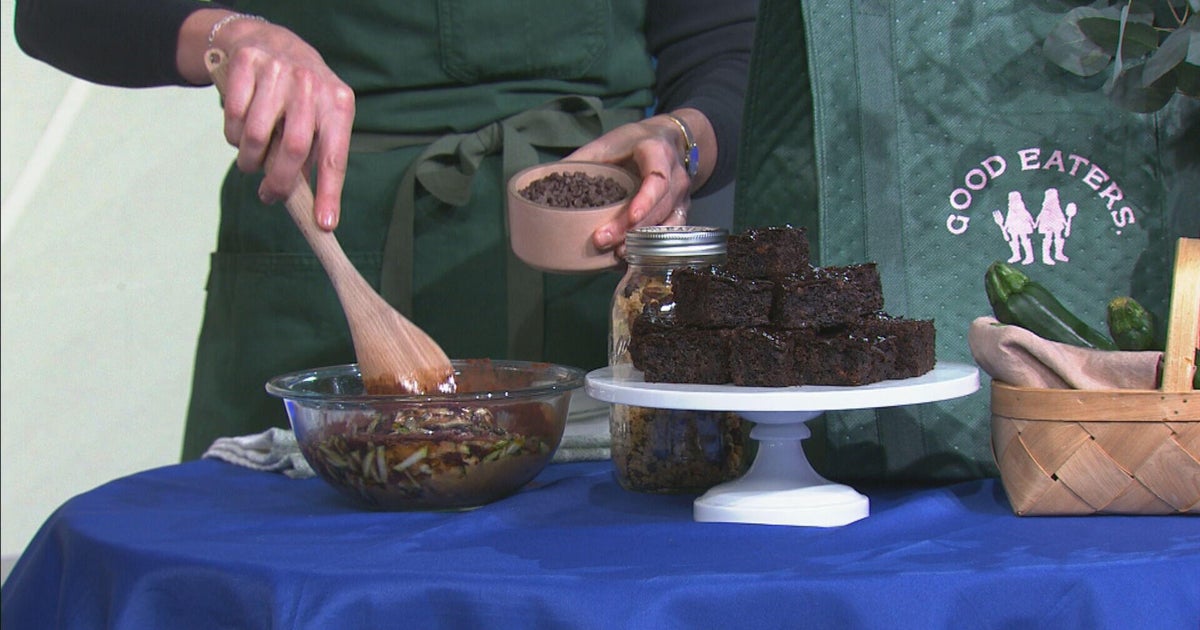Foods that shouldn't be put in the fridge
Melons ripen and sweeten when left out of the fridge. Plus, the fridge can deplete the nutritional value in certain melons. Once cut open, you should refrigerate your melons.
Honeydew, however, won't ripen inside or outside of the fridge; it stops ripening once picked.
Tomatoes
Tomatoes can become mealy when stored in the fridge.
Stone fruit
Like tomatoes, stone fruit can get mealy in the fridge. The chill can also strip stone fruit of flavor.
Potatoes
Keeping potatoes in the fridge can make them gritty and unnaturally sweet.
Honey
Honey will stay good in a closed container virtually forever. In the fridge, it will crystallize.
Coffee beans and ground coffee
Coffee beans and ground coffee are roasted, which means they're ready to absorb moisture. The moisture in your fridge can drain that coffee of its flavor.
Onions
The moisture in the fridge will cause uncut onions to soften more quickly than if they are left out of the fridge.
Garlic
Unpeeled garlic cloves should be left out of the fridge because they can become moldy in there. (Plus, who wants that smell?)
Hot sauce
Hot sauce has more than enough vinegar to keep from spoiling outside of the fridge, and the potency of the peppers will stay hotter at room temperature. Unless the bottle says otherwise, keep hot sauce in your cabinet.
Chocolate-hazelnut spreads
Spreads like Nutella can harden in the fridge, making them less spreadable.
Bread
We know, we know: We've been talking all about moisture in the fridge, but the cold in the refrigerator can actually dry your bread out.
Cookies and pastries
The same goes for cookies and pastries. The fridge can cause them to go stale.
Nuts
Nuts can lose their nutty flavor in the fridge, and they tend to absorb the flavors and aromas of other foods.
Fresh herbs
Fresh herbs wilt faster in the fridge and do better with their stems in a water-filled jar on your counter. Some herbs, such as basil, will absorb the aromas and flavors of other foods when kept in the fridge.
Oil
Nut-based oils should be kept in the fridge, but other oils will harden in cool temperatures.
Peanut butter
Some natural peanut butters should be kept in the fridge (check the jar), but processed peanut butter will keep best in the cabinet, where it won't harden.
Avocados
What's better than a ripe avocado? But this magic fruit won't ripen at all in the fridge, so it's best to keep it on the counter until it's ready for the guacamole.
Bananas
Bananas also won't ripen in the fridge, so you should keep them out until they're just as you like them. The fridge will also make the peel of a banana turn brown, but that doesn't mean it's not good to eat.
Winter squash
Winter squash can last about a month outside of the fridge. If kept in the fridge, these types of squash can become mushy and lose some of their flavor. The same goes for eggplant.
Citrus fruits
Citrus fruits can be stored at room temperature, but the cold air in the fridge can damage these fruits.
Ketchup
The chill won't harm your ketchup, so why take up precious fridge door space with something that won't spoil in the cupboard? Even after they are opened, high vinegar and salt levels keep most kinds of ketchup from spoiling. But check your specific bottle.
Soy sauce
Same goes for soy sauce: It has so much salt that it doesn't need to be refrigerated, even after opening.
Maple syrup
Check the bottle to make sure your brand doesn't need to be put in the fridge, but most maple syrups can do fine in the cupboard; maple syrup has such a high sugar concentration that spoilage microorganisms won't grow. Same goes for corn syrup, agave and molasses.
Jam
That same sugar rule applies to most jams and jellies, but check your specific brand to make sure.
Batteries
OK, OK, we know it's not a food, but many people are under the (incorrect) impression that they need to keep batteries in the fridge or freezer. As it turns out, extreme cold or heat can reduce battery performance.
